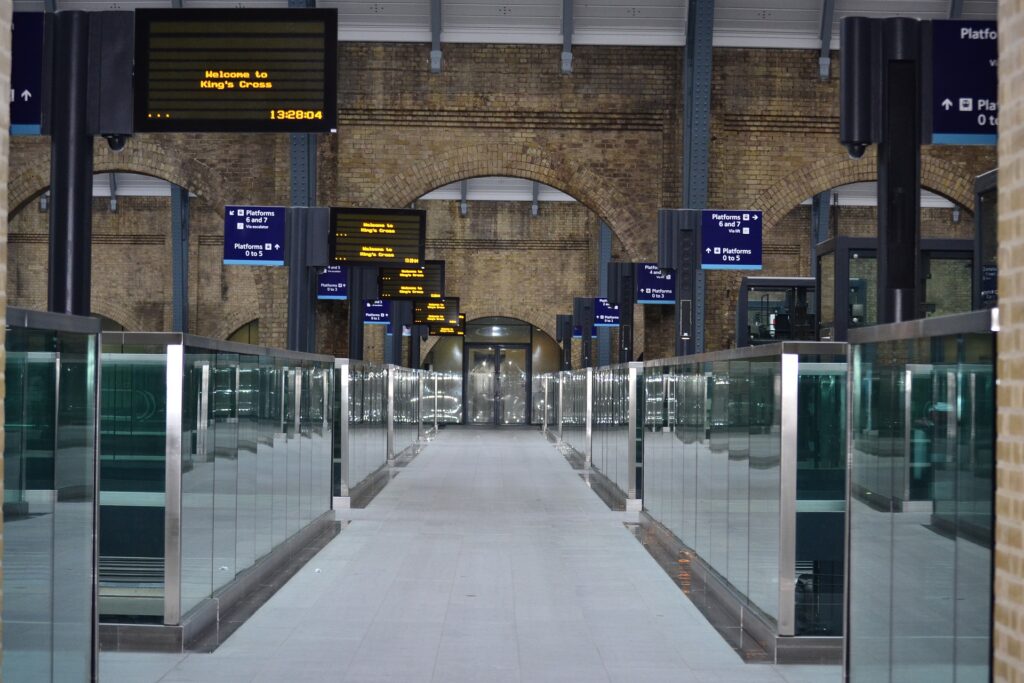Taxi drivers to the rescue

Taxi drivers are seeing a surge in demand as rail strikes look set to affect Christmas.
After weeks of disruption, members of the Rail, Maritime and Transport union last week rejected Network Rail’s latest pay offer and pressed ahead with two 48-hour strikes, having called off previous stoppages to resume negotiations.
But the deadlock saw them press ahead with the weekend’s industrial action and an overtime ban on non-strike days which has led to last-minute cancellations is expected to cause more misery on the railways over Christmas. And RMT members will walk out again from 6pm on Christmas Eve and not return until 6am on December 27.
Despite the planned action, RMT boss Mick Lynch said this will mainly affect engineering work and not passenger services.
If the dispute is not resolved, members will then stage two more 48-hour strikes, from January 3-4 and January 6-7 January.
And even if RMT members accept a deal before the next scheduled strikes, Network Rail bosses have warned that it will be too late to avoid travel disruption, and normal services are unlikely to resume on the days between the scheduled 48-hour stoppages.
Whether or not people support the action being taken by RMT members, the disruption means people have to find alternative ways to travel to get to work and as they prepare for the festive period.
Many are turning to taxis to get them in and out of busy city centres as they do their final Christmas shopping, or to take them on longer journeys to visit family and friends.
While there will be huge demand for both public hire taxis and private hire taxi drivers, by planning their journeys and booking ahead where possible, people will be able to keep the disruption to a minimum.
Last month, as commuters braced for the next wave of industrial action on the railways, taxis in London were fully booked at passengers looked for alternatives when Tube staff held a 24-hour strike.
It meant that the capital’s fleet of more than 15,000 black cabs was ready to help people reach their destinations, although journeys took longer with more cars on the roads.
For those travelling further, it might be worth considering flying or travelling by coach to their destination and getting taxis at either end to avoid lengthy journeys by car or coach.
As people start to make other arrangements, there are some signs of deals being reached by rail workers. Members of the Transport Salaried Staffs’ Association union called off last week’s planned strikes as they voted on Network Rail’s 8% pay offer, but they will not cover services provided by other rail workers who are on strike and rail bosses are urging people to find other means of travel.
The Unite union also called off its planned strikes after its members voted to accept the pay offer.
But train drivers’ union Aslef has voted for strike action over pay and conditions at 12 train operating companies.
Passengers have faced disruption on the railways since June, when the RMT began its first round of industrial action.
A recent ballot by RMT members gave them a mandate to continue industrial action for a further six months, prolonging the transport misery for commuters until May.
While taxi drivers cannot accommodate all passengers whose travel plans have been disrupted by the strikes, they will once again do their best to help keep the country moving.
In July, they stepped up when industrial action by rail unions threatened to cause major disruption to the Commonwealth Games in Birmingham and will now do all they can to get people where they want to go this Christmas.






